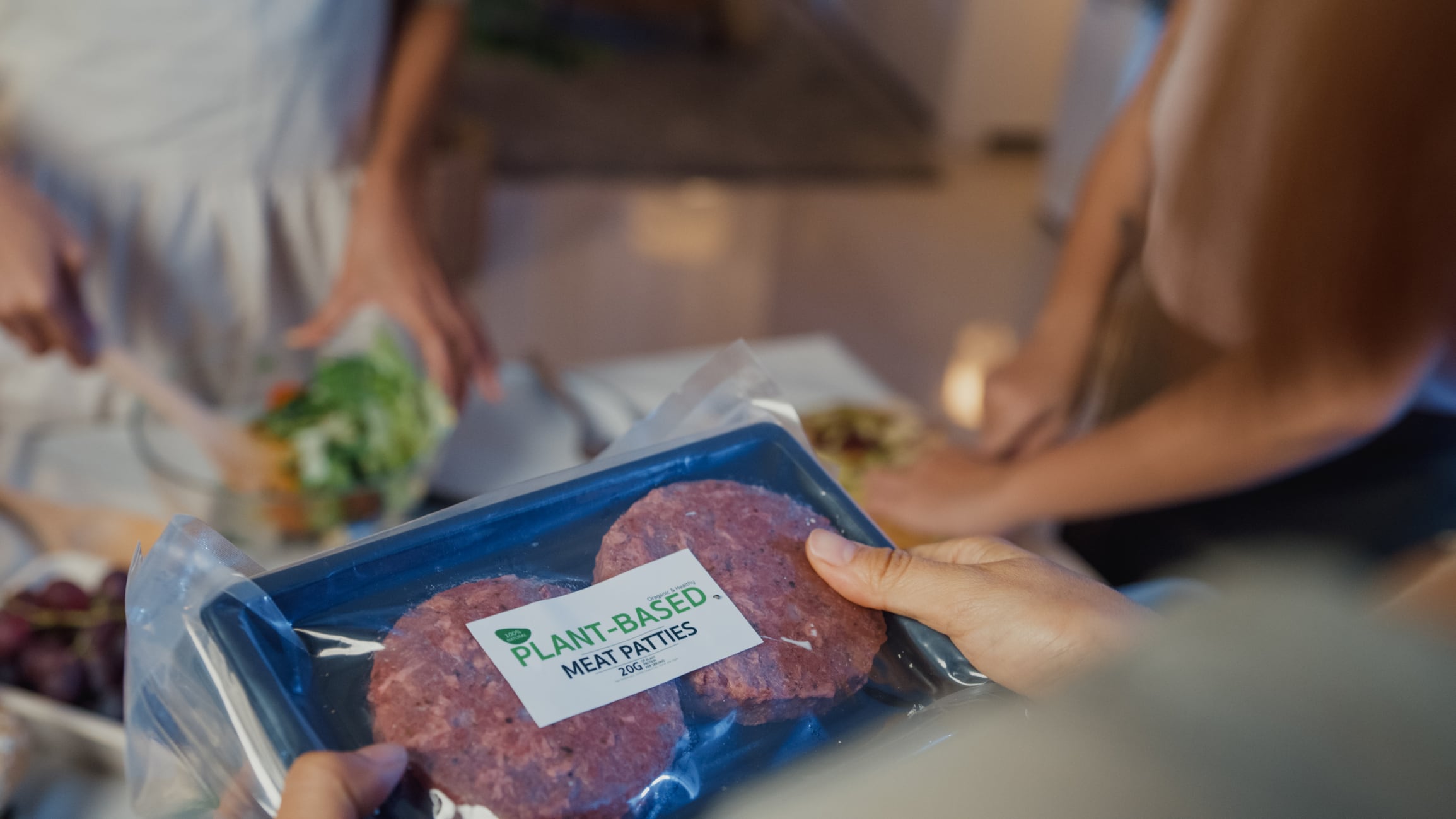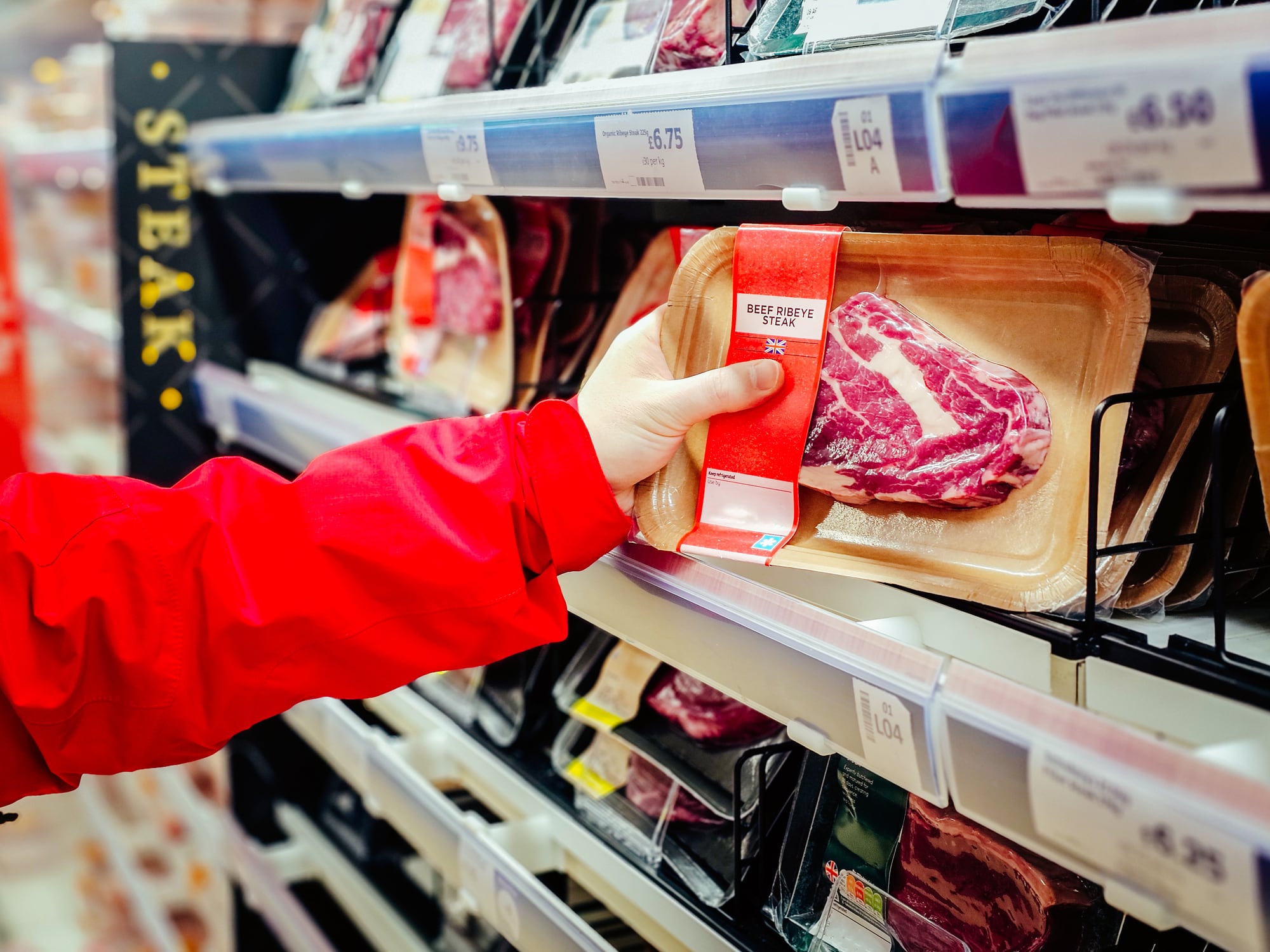Conducted by the NewClimate Institute and Carbon Market Watch, the ‘Corporate Climate Responsibility Monitor 2025’ assessed the five firms against a range of criteria including greenhouse gas emission reductions and the transition towards more sustainable practices.
It found that none of the companies assessed has committed to reducing livestock production or meaningfully shifting to plant-based protein, despite livestock being the sector’s largest emissions source, while they all rely on commodity certificates to make deforestation-free claims.
The report also revealed that the firm have largely failed to put in place plans to reduce fertiliser emissions, which are responsible for roughly 25% of agricultural greenhouse gases.
The companies were selected as the largest five food and agriculture companies by revenue in 2023, excluding predominantly manufacturing companies.
JBS was rated very poor in several categories, with the report citing that the meat producer has no valid emissions reduction target in place and continues to expand it high-emissions operations. The firm also omits deforestation emissions from its disclosures.
Elsewhere, Nestlé’s emission reduction pledges were described as potentially misleading. This is because of analysis which found that the firm’s pledge to reduce emissions by 50.4% by 2030 translates to only a 13% to 26% emissions reduction compared to Nestlé emissions in 2019.
PepsiCo was criticised for lacking targets for reduce methane emissions and food waste, while it was revealed that the firm’s virgin plastic use is rising, despite packaging accounting for 25% of its total emissions. The report also said that PepsiCo’s bold claims around renewable electricity consumption are largely based on “low-quality procurement constructs”.
Mars rated higher in areas such as emission target transparency, but was found to have no plan to shift away from animal-based protein or to reduce fertiliser use and food waste. The firm’s net zero target has been substantiated with an 80% emission reduction target, but its potential reliance on land-based carbon dioxide removal “leaves doubts on the target’s integrity”.
Finally, Danone was the only company assessed with a methane reduction target and plans to grow its plant-based portfolio. However, the report said that the intended role of land-based removals within the realisation of its net-zero target remains unclear.
Based on its findings, the report recommends that emissions reduction targets must be set separately from carbon removals to improve transparency and accountability, in addition to being broken down by gas.
In response, a Nestlé spokesperson said the firm disagreed with the conclusions of the report.
“We are reducing our greenhouse gas emissions, including methane, as part of our Net Zero roadmap which has SBTi-validated targets,” the spokesperson continued.
“Rather than setting targets for individual gases, we are focused on reducing our absolute GHG emissions by 50% by 2030. This includes reducing methane from dairy and livestock. We have reduced our methane emissions by 20.56% versus 2018.”
A Danone spokesperson added that the firm was fully committed to reducing greenhouse gas emissions across its value chain.
“Danone [has] ambitious 2030 reduction targets and 2050 Net Zero targets aligned with 1.5°C pathway on scopes 1, 2 and 3, that have been validated by the Science Based Target initiative (SBTi)," the spokesperson said.
“Although we see value in helping farming partners transition to regenerative agriculture practices, these targets do not include soil carbon removals. In 2024, we made steady progress on the eight strategic programs of our Climate Transition Plan, which are currently on track to achieve their near-term objectives.”
Food Manufacture has reached out to the other four firms named in the report for comment.




